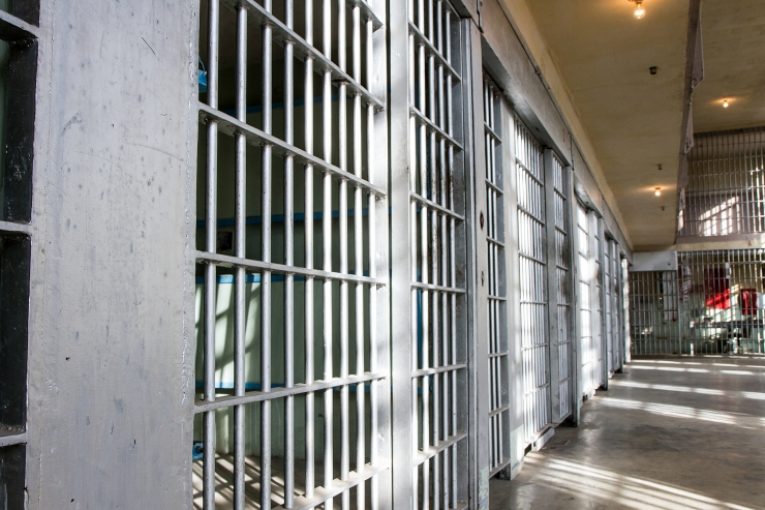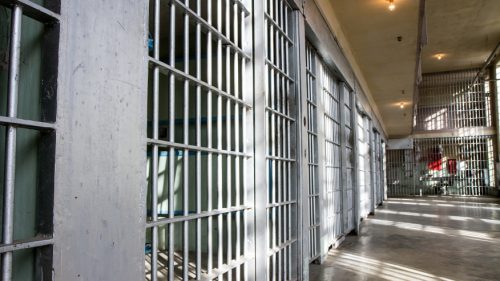

By Bryan Miller
ISELIN, NJ – In New Jersey, those serving life in prison have no opportunity for early release because of a lack of resentencing laws, according to Professor Jessica Henry in an opinion piece in NJ.com.
Henry argued the elderly are not considered for early release regardless of “how much they have changed and reformed, or that they pose no threat to public safety, or the extraordinary fiscal costs of incarcerating an aging inmate.”
According to Henry, “Rehabilitation Release” legislation “would create a pathway for New Jersey’s geriatric prison population to seek sentencing relief and potential release.”
Henry, a professor who “studies severe sentences,” added “keeping people in prison for their entire natural lives is costly, often unnecessary, disparately impacts poor people and people of color, and does not keep our communities safer.”
Henry also spoke on the cost of incarcerating elderly individuals, noting, “Inmates age faster than those in the outside world, both because of their health status at the time they enter prison and due to the prison experience itself.”
Henry writes on NJ.com, “Elderly incarcerated people face a myriad of co-occurring chronic conditions such as diabetes and high cholesterol, fading hearing and vision, reduced mobility requiring a walker or wheelchair, and varying stages of cognitive decline,” adding because the focus of prisons are “control and internal safety” they are not equipped to help the aging population.
According to Henry, federal prisons that house elderly people “spend five times more per person on medical care, including 14 times more on medication costs, than other prison facilities.”
Henry reported, “One study estimated Pennsylvania could save nearly $79 million dollars in prison costs if it were to release the people in prison who were 50 years or older and have served at least 20 years” because of the three long-term care facilities where inmates with complex health issues are housed.
Henry states keeping elderly prisoners incarcerated until they die is a “significant fiscal burden” that does not serve the public interest. Henry also stated that if the second look laws were implemented, fewer than 300 individuals would be eligible at this time, which addresses the fear of the “floodgates” opening.
According to Henry on NJ.com, releasing the elderly is not a risk to public safety, with the group having an extremely low rate of reoffending. Henry states this is because “people tend to ‘age out’ of offending, and people over 60 have well-passed the typical age for involvement in crime.”
Henry added the Second Look law will also allow for the victims to weigh in. This will allow for a variety of opinions and viewpoints to be considered.
Henry argues the law “provides a mechanism for eligible senior citizens who have served decades in prison to show that they have been rehabilitated” and that it is not simply a “get out of jail free card. Those who cannot demonstrate they have earned a chance at life on the outside will not be released.”
According to Henry the implementation of Second Look laws encourage those who are incarcerated to be successful in prison, writing, “Those who take seriously available prison programming, work to better themselves, and serve as mentors for those around them will know that they could one day earn the chance to be released.”
According to Henry, lifelong sentences “deny the inherent dignity and humanity of people sentenced to prison,” and “as a national leader in criminal justice reform, New Jersey should join the growing chorus of voices that say we can do better.”
Henry said in the NJ.com Op-Ed, “New Jersey should join the 12 other state legislatures, along with the federal government and the District of Columbia, that have already passed laws that allow for judicial sentencing review.”
Henry added the proposed Second Look laws “promise hope; and in the end, this is the most compelling and foundational reason to seriously consider them. When we offer hope to incarcerated people, we say to them that after decades behind bars they deserve a chance to show that they are more than the worst thing that they have ever done.”